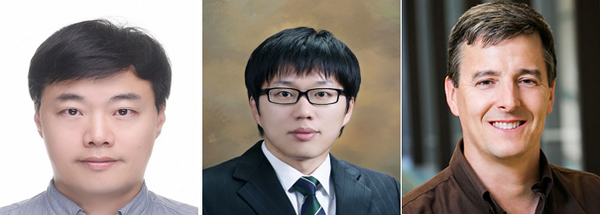An international research team has developed wireless and battery-free soft sensors that can continuously measure pressure and temperature of the skin to prevent pressure ulcers, also known as bedsores.

Professors Park In-kyu and Oh Yong-suk of the Mechanical Engineering Department at the Korea Advanced Institute of Science and Technology (KAIST) and Professor John A. Rogers at Northwestern University, U.S., developed the system for taking care of pressure ulcers.
Pressure ulcers damage the skin or underlying tissues caused by a shortage of oxygen supply due to restriction in blood supply due to constant pressure applied to a specific part of the body. Increased temperature in the skin can also accelerate the progression of pressure ulcers.
Bedsore frequently occurs among the elderly population or those with chronic underlying diseases due to the aging society and with impairments in movement, sensory, and cognitive abilities.
Korea follows the protocols provided by the National Pressure Injury Advisory Panel (NPIAP) to prevent bedsores. However, it still finds more patients suffering pressure ulcers.
In the recent study, the joint research team came up with a wireless, battery-free pressure sensor showing proper sensitivity, high linearity, small hysteresis, drift, and excellent output stability in the required pressure range associated with pressure ulcers.
The new software also allows near-field communication (NFC) by generating an induced current through the circular receiver coil antenna of the wireless platform attached to the skin.
Researchers also placed two transmitter coil antennas under the bed and a reader and multiplexer next to the bed to monitor patients’ entire bodies to transmit data from the attached device.
“We have developed the world’s first wireless and battery-free sensor system that can continuously measure pressure and temperature of skins of the patient lying on a bed,” Professor Park said. “We expect the recent development to improve the early diagnosis and prevention of bedsores.”
The safety and efficacy of the newly developed system were confirmed in clinical trials conducted by Professor Lee Byung-joo of the Department of Otorhinolaryngology at Pusan National University Hospital and Hansol Rehabilitation and Conventional Hospital in Gimhae, South Gyeongsang Province.

